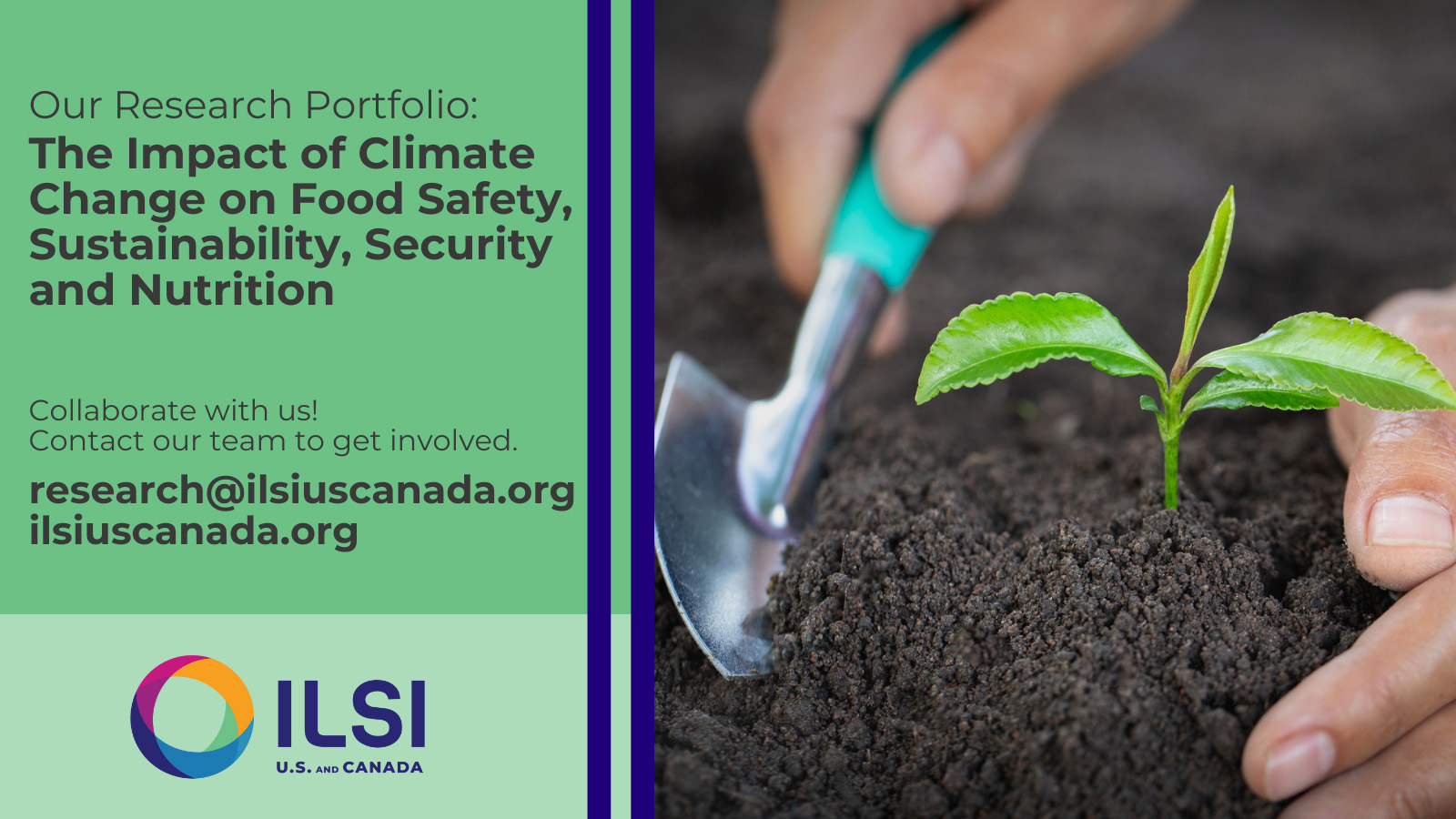
Our Purpose
This ILSI project aims to bring together interdisciplinary teams to identify future challenges to the safety, sustainability, and nutritional content of the food supply.
Leadership
- Lee-Ann Jaykus, PhD – North Carolina State University, USA
The ILSI U.S. and Canada Research Program is currently seeking funding, as well as research collaborations with organizations, institutions and companies that share our commitment to—and consideration for—improving health, well-being and environmental stewardship.
Use the form below to send us an idea, request more information, or let us know that you would like to collaborate with ILSI!
About ILSI
Headquartered in Washington, D.C., the International Life Sciences Institute (ILSI) is a global, nonprofit federation committed to improving public and planetary health by convening international experts from academia, the public sector, the private sector and other NGOs to advance evidence-based scientific research.
ILSI operates within a framework of the highest principles of scientific integrity. Our trusted professionals and volunteers around the world work synergistically and transparently across sectors and disciplines.


